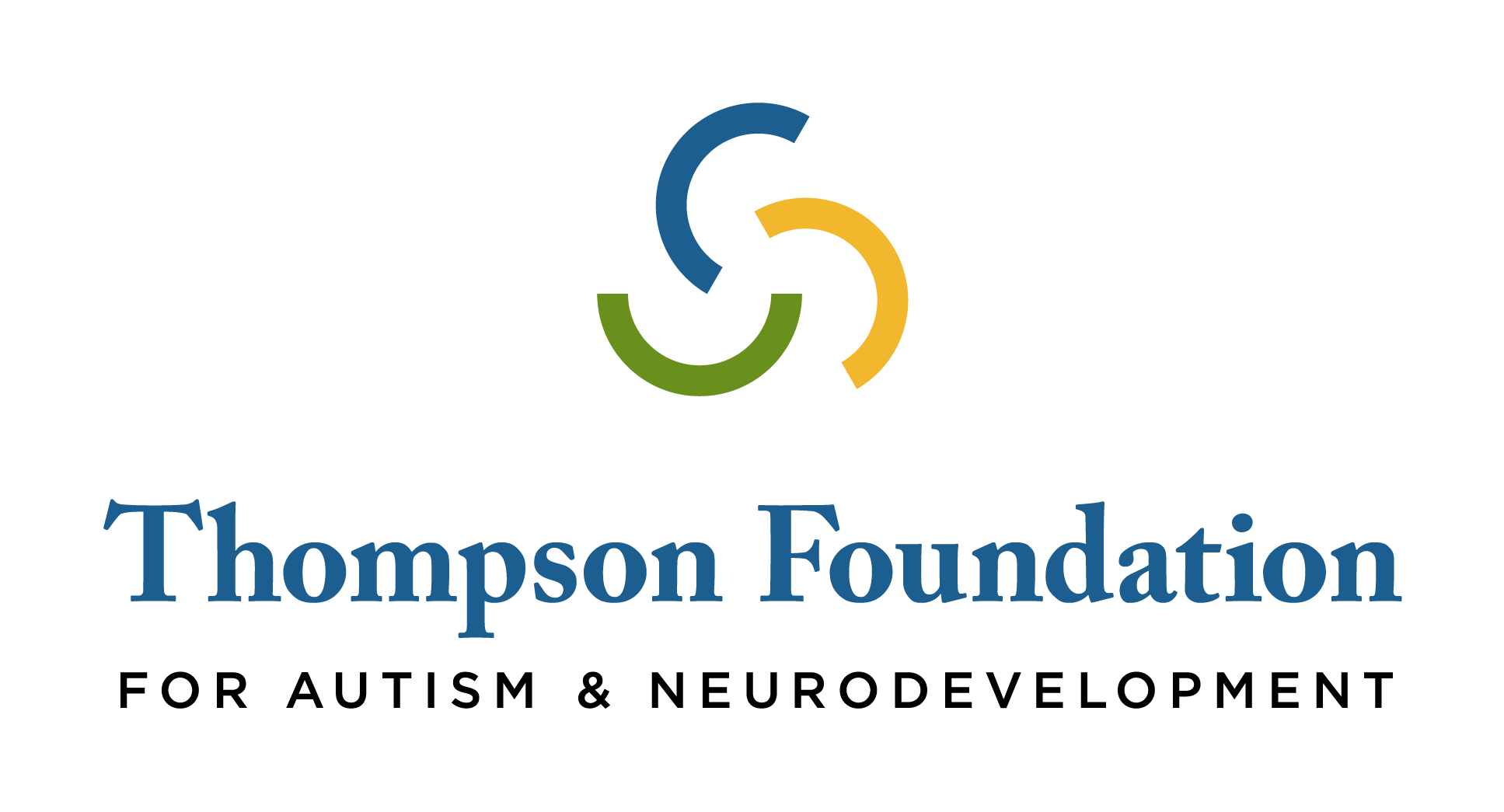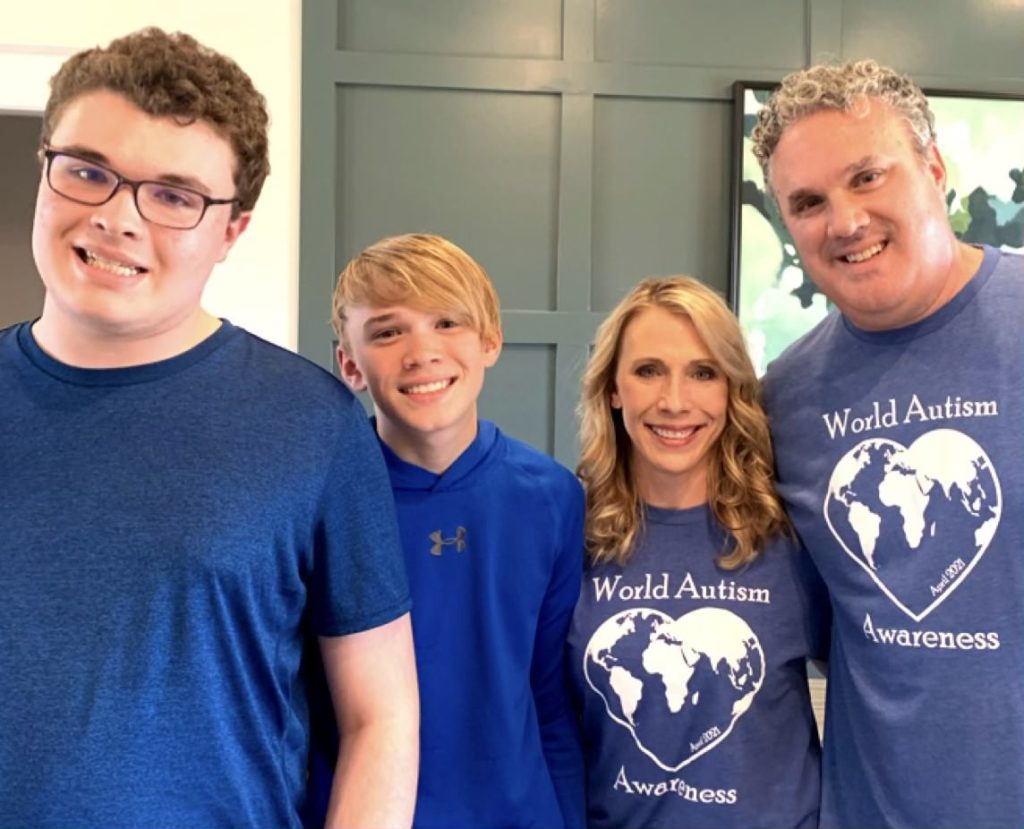In celebration of World Autism Month, board member Lora Hinkel shares a mother’s perspective on raising a child with autism. Her son Blake, now 18, was diagnosed with Autism Spectrum Disorder before age 2.
What does autism mean to our family? It means a life we hadn’t planned but a life we have learned to make great anyway. Autism has challenged us in both good and not so good ways. One thing that has remained constant is our love for Blake as we learn how to help him make his place in this world. We do that for both of our kids, but our son with autism is different because the world is not set up to allow him a place like it is for our neurotypical child. As parents, we have to carve one out or build one from scratch for our child with autism.
Individuals with autism have a bioneurological difference in how their brains are “wired.” We can work to change their behaviors and skill sets to make things easier for them and to have fewer difficulties, but autism can’t be cured. We live in a culture that tends to fear difference of any kind. Difference historically has meant “bad,” “lesser,” or even “dangerous.” However, the reality is that differences make our world a richer place to live. Don’t get me wrong, the difficulties of autism can be exhausting, overwhelming, and scream-into-your-pillow frustrating.
Although you may dislike the difficulties that autism may bring for the individuals or their families, please take a minute today to think about the good things it brings. In my small slice of the autism world, the difficulties of autism are scary and frustrating. However, because of it, I’ve seen through my son what it looks like to truly love unconditionally, to really SEE the details, to be utterly honest, to live in the moment like people always talk about doing, and to find beauty in things that others may not find beautiful. To accept autism means to accept that those qualities can and do exist…even if we find them nearly impossible to obtain in ourselves. That may be the biggest fear when accepting autism. In that acceptance, we must admit that an individual that general society deems as “broken” may demonstrate much more important qualities that we are lacking. Qualities that many of us do not possess, but we are considered “normal.” Accept and celebrate diversity, and show your support of the amazing people on the autism spectrum!
Lora Hinkel
Thompson Foundation Board Member, Mom, and Speech-Language Pathologist



